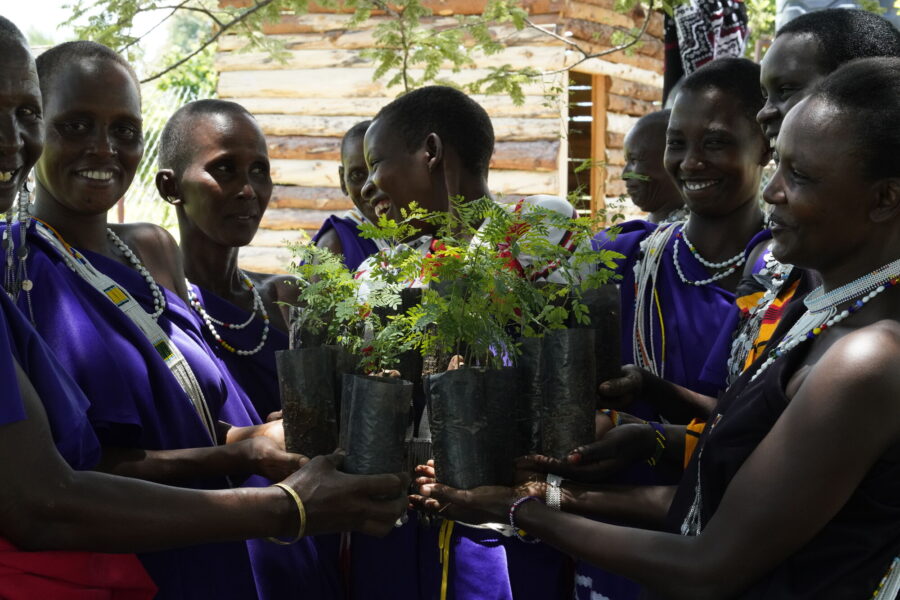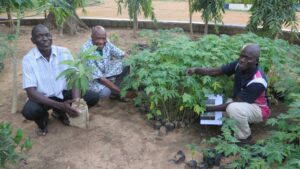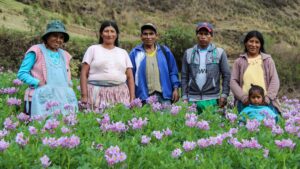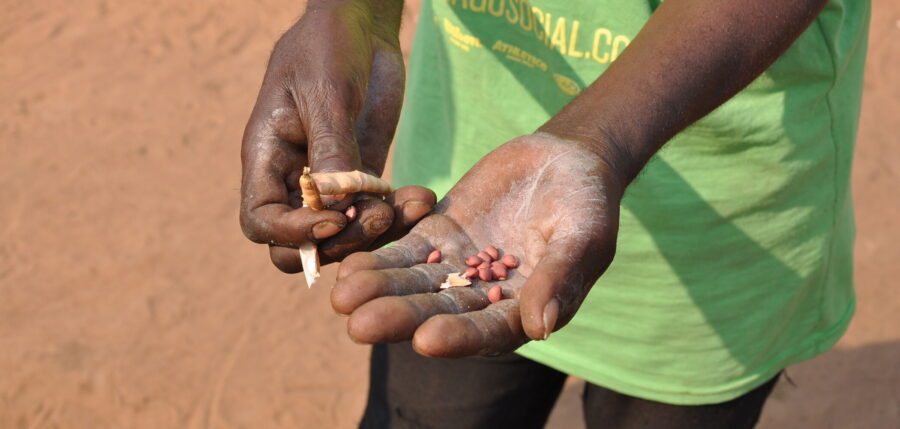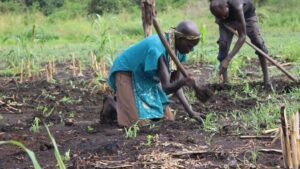Our food sovereignty projects
Protecting the climate, empowering women: Sustainable Agriculture in Tanzania
Background information In the Usangu Basin in the Mbarali District of Tanzania, deforestation is contributing to desertification in the semi-arid area and threatening the water supply from river water. This in turn has far-reaching effects on the natural ecology and the region's supply of hydropower. The increasingly high population density in the region and the attractiveness of rice and peanuts [...]
► About the projectEducation for sustainable ecological development in Nigeria
Background information Nigeria is rich in natural resources. However, these are often used in ways that are harmful to the environment and are unevenly distributed. The population in the north-east of the country is particularly disadvantaged, having received hardly any structural support from the state for decades. The region is also affected by climate changes such as longer dry seasons and heavier rainfall, environmentally harmful use of natural resources such as [...]
► About the projectFood sovereignty in the Andes
Background information In the strategic area of food sovereignty, we work with numerous small farmers in the greater Cusco area (PE), as well as in the catchment area of Lake Titicaca in Bolivia and Peru. These areas lack a varied, balanced and healthy diet. However, extreme weather events such as drought and prolonged extreme cold, which leads to frost, are also increasing due to climate change [...]
► About the projectFood sovereignty in the Democratic Republic of the Congo.
Background information The province of Kwango - where the agricultural project focuses - is one of the 26 provinces of the Democratic Republic of Congo and covers an area around twice the size of Switzerland. It is between one and two days' journey from the capital Kinshasa. The population here is largely self-sufficient. [...]
► About the projectFood sovereignty in rural areas in South Sudan.
Background information The violent conflicts that have plagued South Sudan since the end of 2013 are exacerbating the security and supply situation for the population. What are the people, especially in rural areas, supposed to live on? How can basic medical care be ensured? The Presbyterian Relief and Development Agency (PRDA), a partner organization of Mission 21, has been dealing with these questions for many years. In Pochalla, [...]
► About the project